
When Valeska updated her résumé for her current job, she wrote: “I speak Polish fluently.” The position didn’t require language proficiency, and at most, a mid-level of English was enough. So, why lie? Honestly, it’s something many of us have done at least once. Claiming to be Excel masters when we only know how to create a few formulas or color cells. Or writing that we’re highly social and love teamwork. Let the first stone be cast by whoever has never done it!
Valeska thought adding “I speak Polish” was a harmless lie that would never be needed to prove but might earn her extra points. That is until her little white lie backfired.
Today, we’ll explore how this seemingly innocent fib made Valeska break into a cold sweat and, paradoxically, how her determination to learn Polish transformed her into the director of a major international company.
Valeska’s decision to write “I speak Polish” on her résumé
Before jumping to conclusions, let’s clarify: “I speak Polish” wasn’t a complete lie. But it wasn’t the whole truth either. It was what you might call a half-truth (and as we know, a half-truth can also be a half-lie).
Valeska is Venezuelan. In fact, she’s what you’d call “very Venezuelan,” if that’s even a thing. Like much of the population in this South American country, she is the result of a blend of immigrant backgrounds. Her father’s family had emigrated from the Canary Islands over 60 years ago. Her maternal grandparents, on the other hand, were Polish immigrants who fled the horrors of World War II.
Valeska’s grandmother, or babunia as she affectionately called her, played a central role in her upbringing. Her grandmother, a Kraków native, struggled with Spanish and preferred to speak in Polish at home. While Valeska responded in Spanish, her babunia’s influence allowed her to develop a rudimentary understanding of Polish. Though she wasn’t fluent, she held onto the phrase “I speak Polish” as a way of staying connected to her grandmother.

The job application lie that almost cost her everything
While sitting at her computer and drafting her résumé, Valeska included “I speak Polish” as an extra detail. It was something harmless, something she never thought anyone would verify. But, as we’ve mentioned before, she didn’t entirely lie—she did know a bit of the language. However, to be fair, her skills were too basic to claim it so boldly.
Valeska was an accountant and graduated as one of the top students in her class. She specialized in forensic accounting, a highly sought-after field with few specialists. Her academic achievements and skills had caught the attention of one of the most prominent consulting firms in her country.
This company offered her the position of Accounts Analyst, making her résumé more of a formality for the Human Resources department’s records.
Many of her peers had written in their résumés that they practiced a sport or were skilled guitarists. According to job-seeking experts, these were extra talents unrelated to work but added value to an application. So, Valeska wrote “I speak Polish” much like someone might add “I play water polo” or “I’m a violinist.” Another skill to make her seem more interesting… even if it wasn’t entirely true!

“I need your Polish skills”: The phrase that made her tremble
One ordinary morning, as Valeska was buried in spreadsheets, her desk phone rang. It was the secretary of the company’s general director, summoning her to the top floor. Nervous but curious, she made her way to his office.
“I see here that your résumé says, ‘I speak Polish,’” he said, holding up a printed copy of her CV.
“Yes, I speak Polish… but I’m not an expert,” Valeska stammered, sensing she’d been caught.
“That’s fine! We don’t need an expert. We just need someone to host a senior executive from Poland who will be visiting tomorrow,” the director replied.
Her heart sank. She wasn’t just being asked to prove her Polish skills but to converse with a native-speaking executive from a global company. She couldn’t sleep that night, sweating bullets over the situation she’d gotten herself into.
“I speak Polish, but I prefer Spanish” – the words that brought Valeska back to life
The boss wanted Valeska to act as both translator and host for an executive from Poland. The visitor was in Venezuela on a business trip to finalize a major trade agreement with the government. The company was competing for a lucrative contract to handle the visitor’s taxes and audit their accounts—a deal Valeska’s boss was determined to secure. To impress the Polish executive, the boss had chosen Valeska, not only as a star accountant but as someone who could supposedly speak his language.
Needless to say, Valeska didn’t sleep a wink the night before. She broke into cold sweats and regretted a thousand times having written “I speak Polish” on her résumé. That one reckless detail was about to come back to haunt her. Horrible nightmares churned in her stomach, leaving her paralyzed with fear.
She arrived at the office an hour early and downed about seven cups of coffee. Her nerves were shot, and her hands trembled. At the scheduled time, her desk phone rang. On the other end, the boss’s secretary said:
“Valeska, you can come up now. The boss is waiting for you.”
She made her way to the Director’s office, and moments later, the elevator doors opened, revealing the executive from Poland. Nervously, Valeska stammered in a terribly accented attempt:
“Dzień dobry, witam” (She was trying to say, “Good morning, welcome.”)
To her immense relief, the executive smiled and replied:
“No! I speak Polish, but I prefer to speak Spanish.”
Valeska exhaled, feeling a wave of gratitude like never before.
And then came the words from her boss:
“Alright then, Valeska, you can head back to your desk. We won’t be needing you after all.”
Turning “I speak Polish” into a reality
Fortunately for Valeska, the Polish executive was the company’s business manager for Latin America. Born in Poland, he was the son of a diplomat and had spent many years living in Costa Rica and Mexico. As a result, he spoke Spanish fluently, albeit with a distinctly Mexican accent.
The executive wanted a private conversation with the firm’s Director to discuss confidential matters before making a final decision. As Valeska made her way back to her cubicle, she breathed a sigh of relief, realizing she had narrowly escaped disaster. That tiny fib on her résumé could have cost her not only her job but also her future within the company. She knew she had to address the issue.
Valeska considered three options.
- The first was to resign before the truth caught up with her and everything fell apart. She quickly dismissed this idea—this was one of the largest firms in the country, and she was one of its most valued analysts.
- The second option was to confess to her boss that she had exaggerated her abilities. She could admit that while she knew some Polish, her level was far too basic to claim fluency. However, this could have serious consequences. Her boss might start questioning her integrity: “What else has she lied about?” Such doubts could leave an indelible stain on her record.
- The third option, the one Valeska ultimately chose, was to learn Polish. Turning her claim of “I speak Polish” into reality would require commitment, but it was the best path forward.
There was one significant challenge: in Venezuela, there were no Polish language schools, and the language wasn’t commonly taught. However, thanks to technology, Valeska found online resources and language-learning platforms that allowed her to master Polish in record time.
Her determination to rectify her mistake turned what could have been a career-ending moment into an opportunity for growth.
Translation apps, websites, and innovative tools
Traditional language schools remain the top choice recommended by experts. However, these days, you don’t need to attend one to learn a new language. With an internet connection, you can master any language without leaving your home. That’s exactly what Valeska did. She enrolled in an online course and downloaded Talkao translation apps to kickstart her learning journey.
Every day, with impressive discipline, Valeska would use her Talkao online dictionary and jot down dozens of new words in a notebook. Using the Talkao Translate app, she typed in words to learn their pronunciation. Then, she reversed the process—speaking Polish into the app to ensure the Spanish translation was accurate.
Step by step, Valeska improved her grammar, pronunciation, and writing skills. Her confidence in Polish grew as her proficiency increased. After just six months, her claim of “I speak Polish” was no longer a half-truth—it had become an undeniable fact!
This modern approach to language learning not only saved her career but also opened up new opportunities, proving that technology can be a game-changer for anyone willing to put in the effort.
Polish opened doors to a new future
When economic turmoil forced her company to close, Valeska had to find work elsewhere. She restructured her résumé, this time proudly highlighting I SPEAK POLISH at the top.
Her language skills caught the attention of an American consulting firm in Texas. They needed a forensic accountant fluent in Polish to liaise with Polish oil companies operating in the region. It was a match made in heaven. The firm handled her immigration paperwork, provided housing, and offered a generous salary.
Today, Valeska is a highly valued executive, grateful for her babunia’s early lessons, her lucky escape with the Polish visitor, and her own determination to make “I speak Polish” a genuine skill.
This is the story of how a little lie changed her life—for the better.
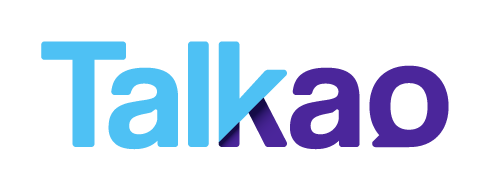

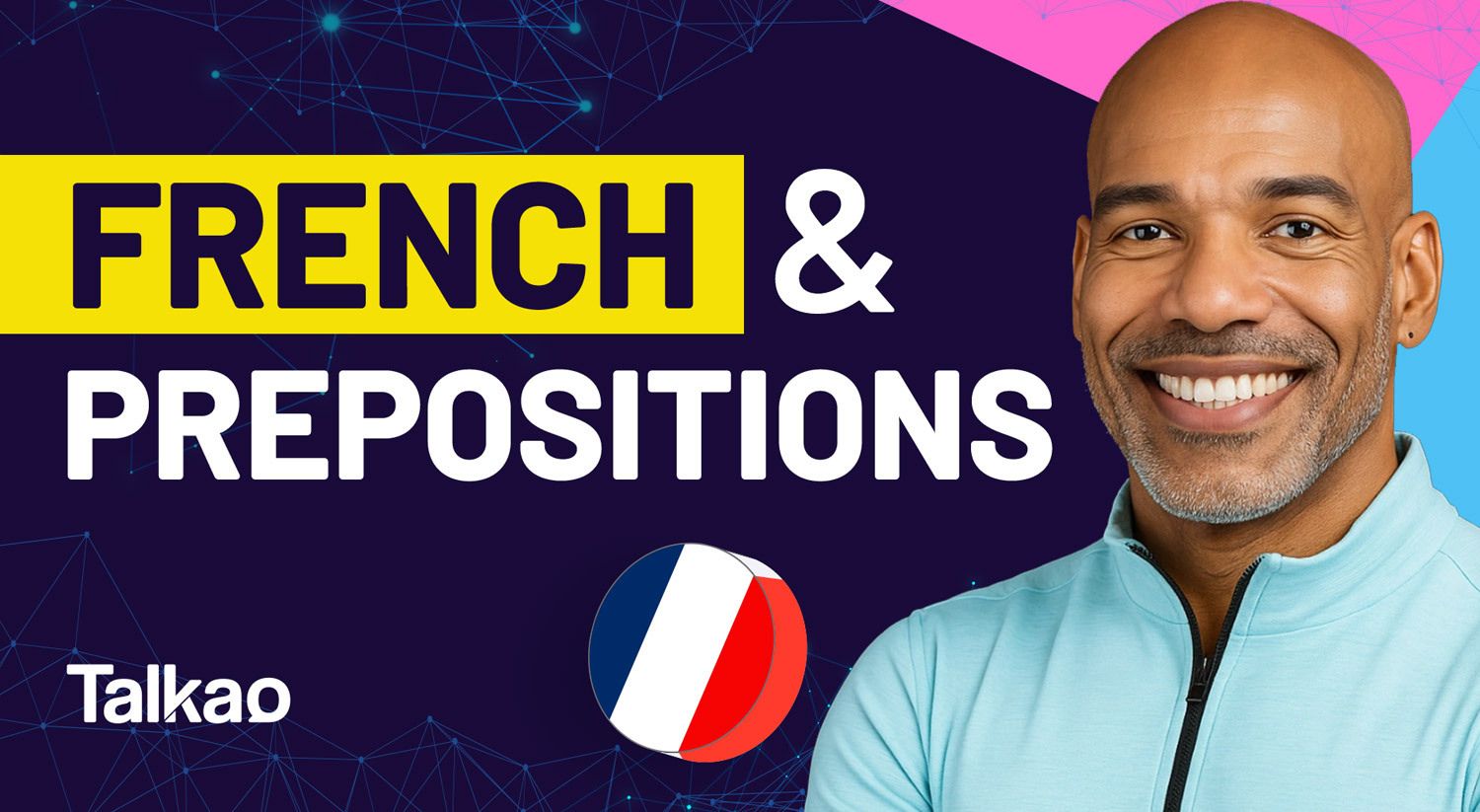

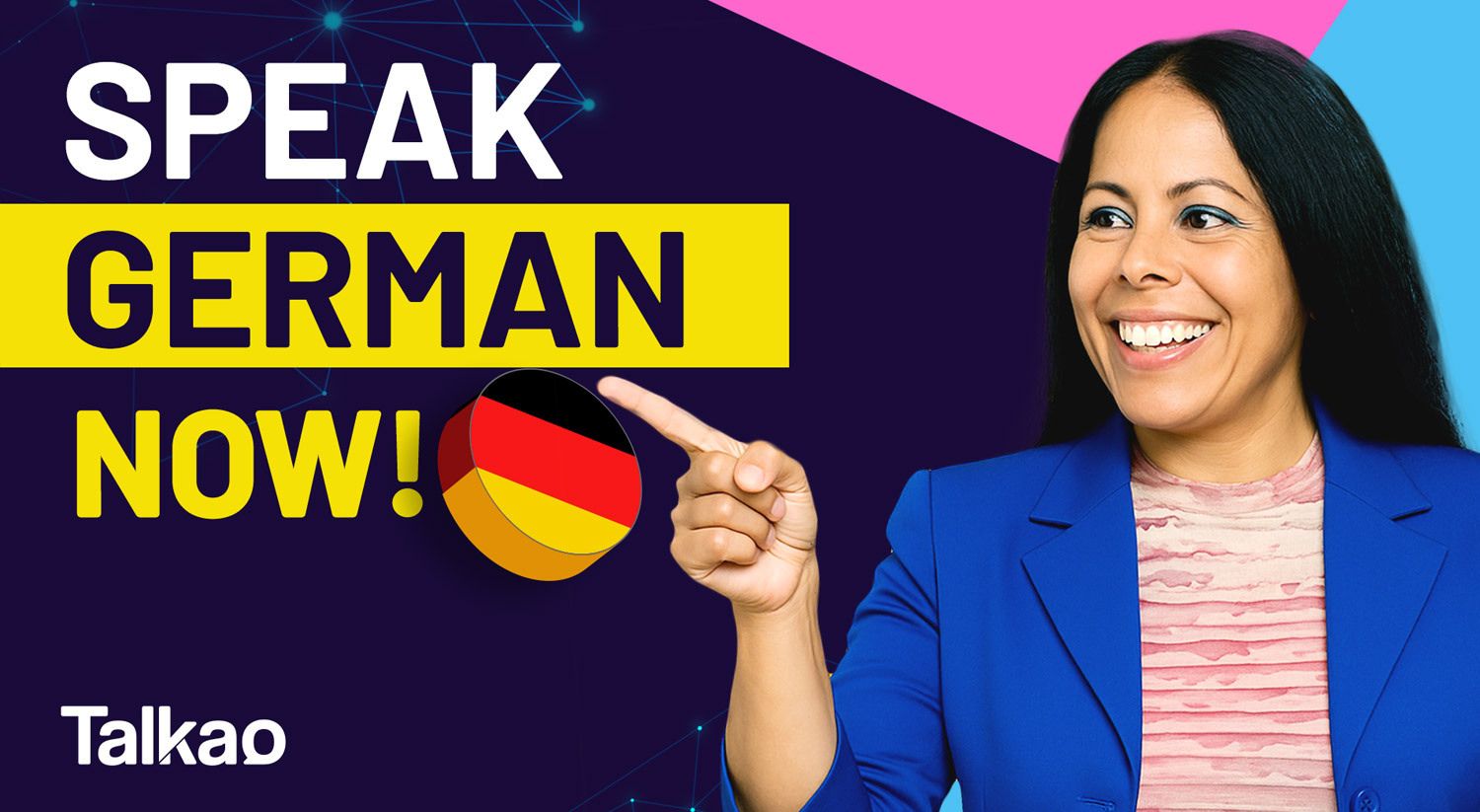
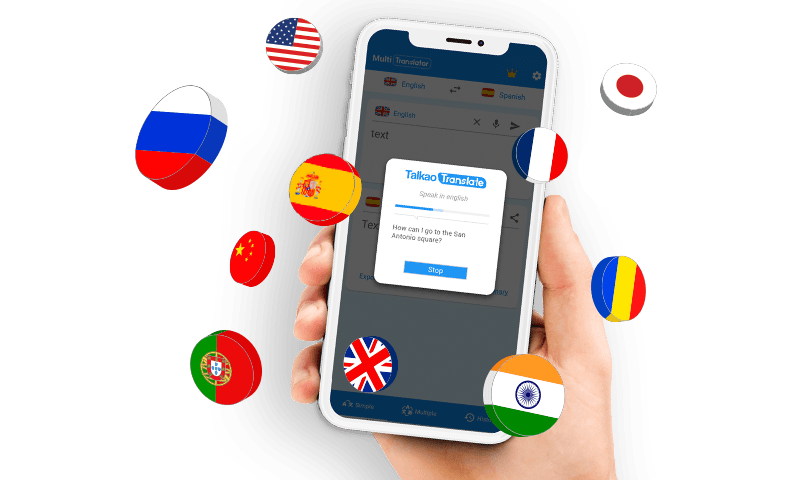

Newsletter